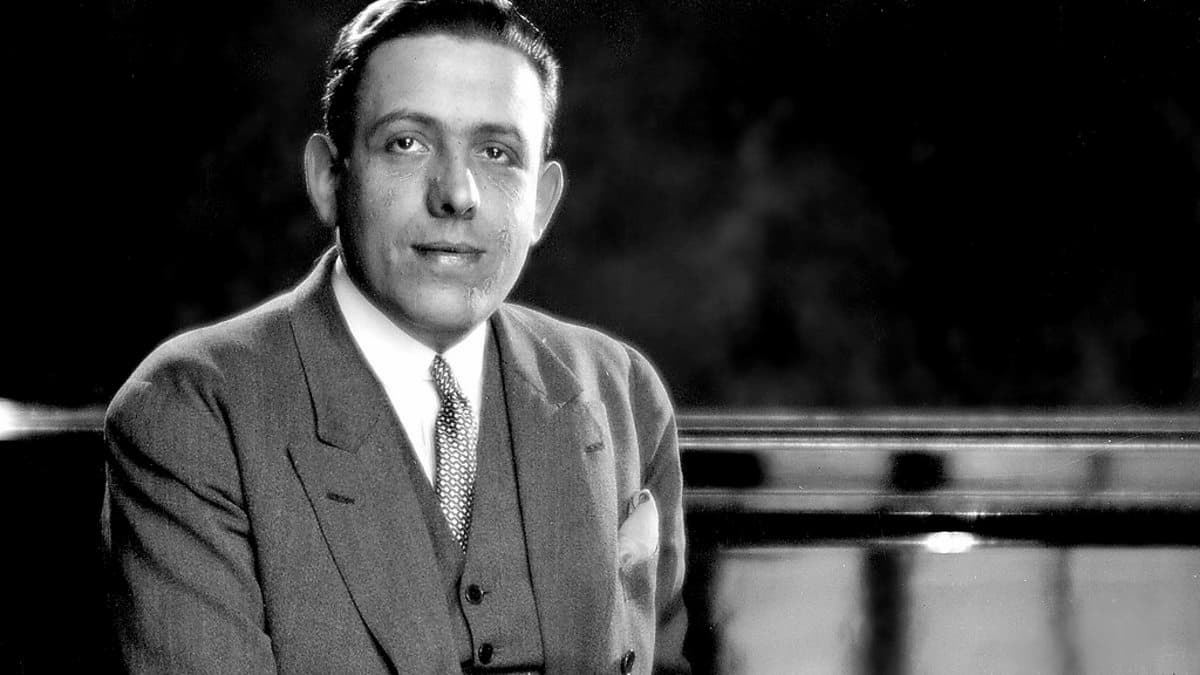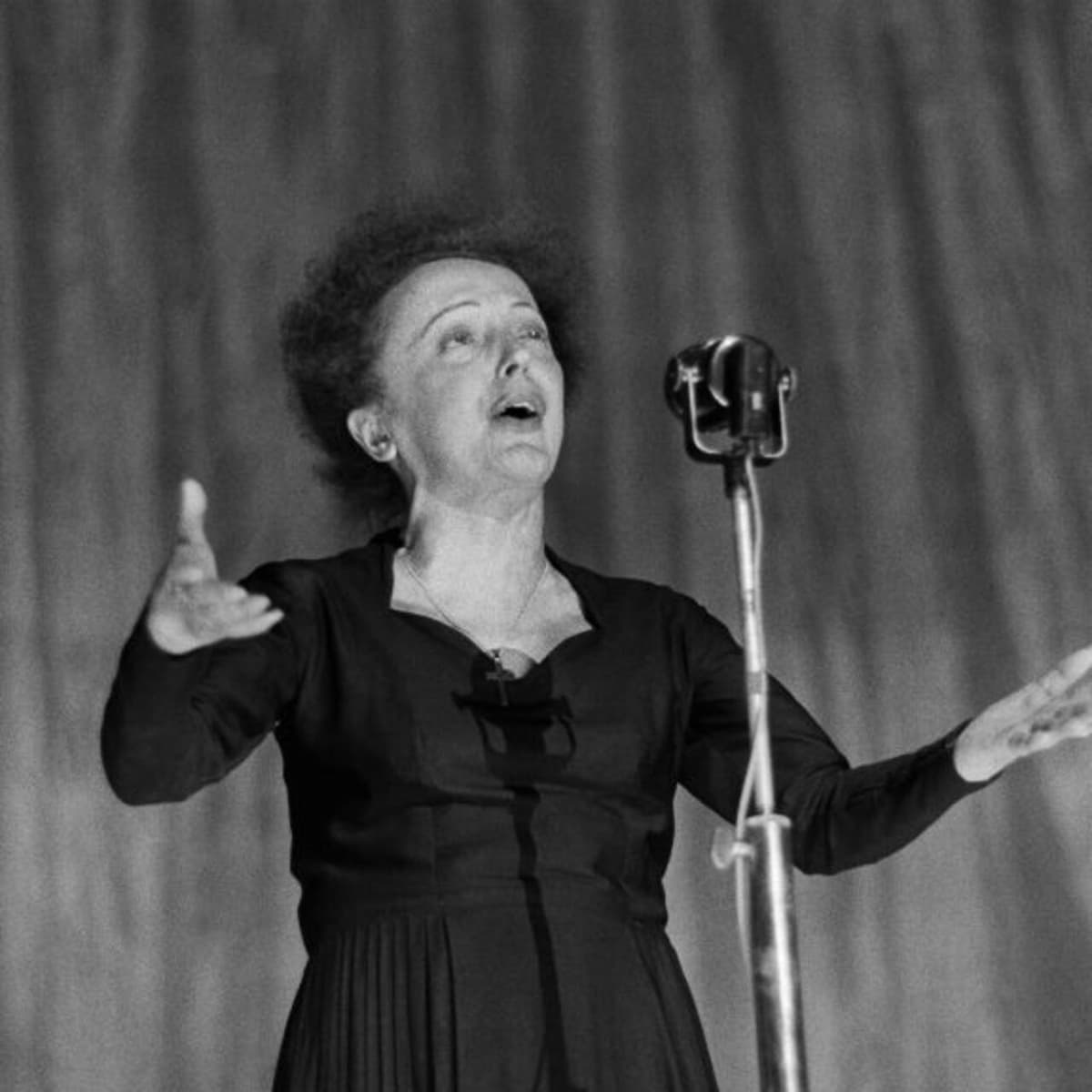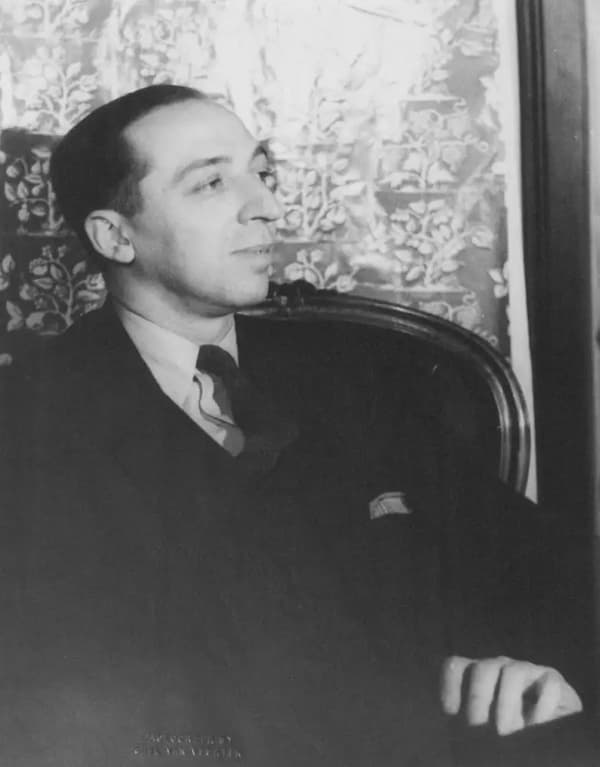Francis Poulenc completed his 15 improvisations for piano in 1959 with No. 15 in C minor, subtitled “L’hommage à Édith Piaf.” Although dedicated to Edith Piaf, it is not known whether Poulenc and Piaf actually met, though they had friends in common, including Jean Cocteau, with whom they both collaborated; they also died the same year, in 1963.

Francis Poulenc
A skilled pianist himself, most of Poulenc’s works for piano were miniatures, including Nocturnes, Novellettes, Mouvements perpetuels, and the 15 improvisations, composed between 1936 and 1959. His music combines grace and sparkling wit, with simplicity and colour.
The Improvisations for piano all share a common brevity of expression and a tonal musical language. Poulenc used the title “Improvisations” to allow himself the freedom not to follow any structural plan or any musical form. The result is a collection of contrasting and individual miniatures.
Francis Poulenc: Improvisation No. 4 in A-Flat Major (Pascal Rogé, piano)
Improvisation No. 15 has a sultry, dusky quality, calling to mind those smoky Parisian cabaret bars as well as the distinctive voice of the “little sparrow”, Piaf herself. Poulenc had, of course, encountered her music, describing La Vie en Rose, on hearing it on an American radio station, as “sensual”, and the Improvisation shares some similarities with one of Piaf’s hits, Les feuilles mortes (“Autumn Leaves”).
Édith Piaf Sings Autumn Leaves
Improvisation No. 15 embodies the essence of Piaf’s music and persona through its emotive melodies and dramatic expression. Poulenc masterfully combines classical elements with the spirit of chanson, a genre closely associated with Piaf’s signature style. The piece opens with a haunting melody, instantly reminiscent of Piaf’s heartfelt ballads, drawing listeners into a world of nostalgia and emotion. Poulenc uses suspensions and dissonant harmonies coupled with supple, written rubato (i.e. clear directions from the composer), delicate phrasing, and contrasting dynamics to emphasise the bittersweet atmosphere of the piece. A resonant bass line, often deep in the lower register of the piano, underpins the melody.

Édith Piaf
The brief middle section moves into F major, yet, just as in Schubert, there is an almost greater sense of poignancy in the major key before the music returns to C minor.
The power of this piece lies less in Poulenc’s imitation of Piaf’s voice and music, and more in his capturing of ‘the essence of Piaf’: although less than five minutes in duration, the Improvisation No. 15 has a passionate intensity and emotional resonance, hallmarks of Piaf’s performances. Indeed, it is as if the music is not only a homage to Piaf but also to the captivating, romanticized spirit of Paris in the mid-20th century.
For more of the best in classical music, sign up for our E-Newsletter
Francis Poulenc: Improvisation No. 15 in C Minor, “Hommage a Edith Piaf” (Charles Owen, piano)

